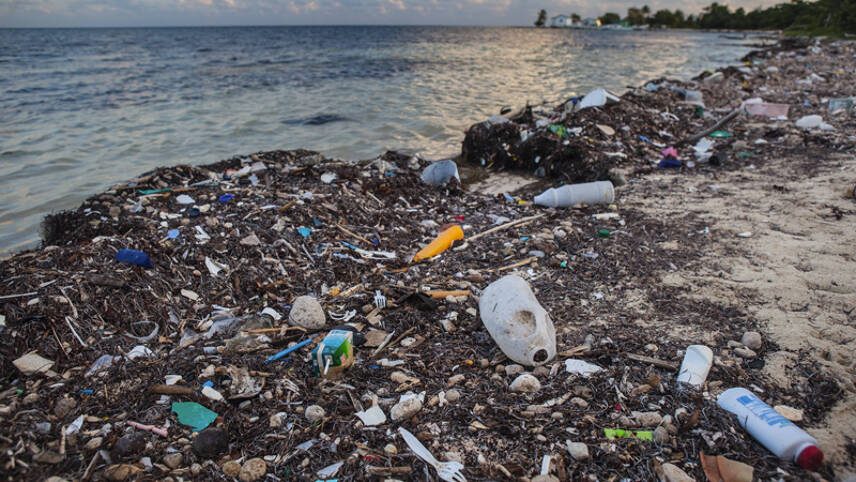Register for free and continue reading
Join our growing army of changemakers and get unlimited access to our premium content

That is a warning from financial think-tank Planet Tracker, which assessed the potential financial risk for the 150 biggest corporates globally across the plastics value chain. These include oil and gas firms, chemicals companies, packaging producers and consumer goods majors.
The headline conclusion is that liabilities and litigation costs relating to plastics could potentially exceed $100bn by the end of the decade. It is highly likely that at least $20bn of risks will crystallise in the US between 2022 and 2030, the report states.
This figure does not include risks that might arise from reputational damage, such as clients or investors ceasing work with a business over environmental, social or governance (ESG) issues. Nor does it cover transition risks associated with increased regulatory burdens or the need to change business models.
On the regulatory piece, more than 700 plastic pollution policies have been introduced in the last decade. The coming decade may well see this trend accelerating, particularly off the back of the UN’s first plastic treaty, due to be finalised next year.
Planet Tracker is warning that investors in big plastic are likely “sleepwalking” into billions of dollars’ worth of risk. Its report sets out how investors generally price in lower risks for the plastics sector than for other industries, including metals and mining.
“By ignoring tightening regulation, rising litigation exposure and reputational risks, the investment environment appears at odds with reality,” said Planet Tracker’s senior investment analyst Thalia Bofiliou.
“While rising demand for plastics may make the industry appear attractive, investors need to decide whether their forecasted returns adequately account for the risks.”
Without further intervention, plastic production is likely to triple by 2060, according to the UN. Already, some 40% of the global population lives in areas where plastic waste production is greater than waste management capacity.
Change is possible, though. Global plastic pollution rates could be slashed by 80% by 2040, and more than $4.5trn of cost savings reaped in the process, the UN stated last month. Achieving this would take unprecedented action from governments, finance and the private sector.


Please login or Register to leave a comment.